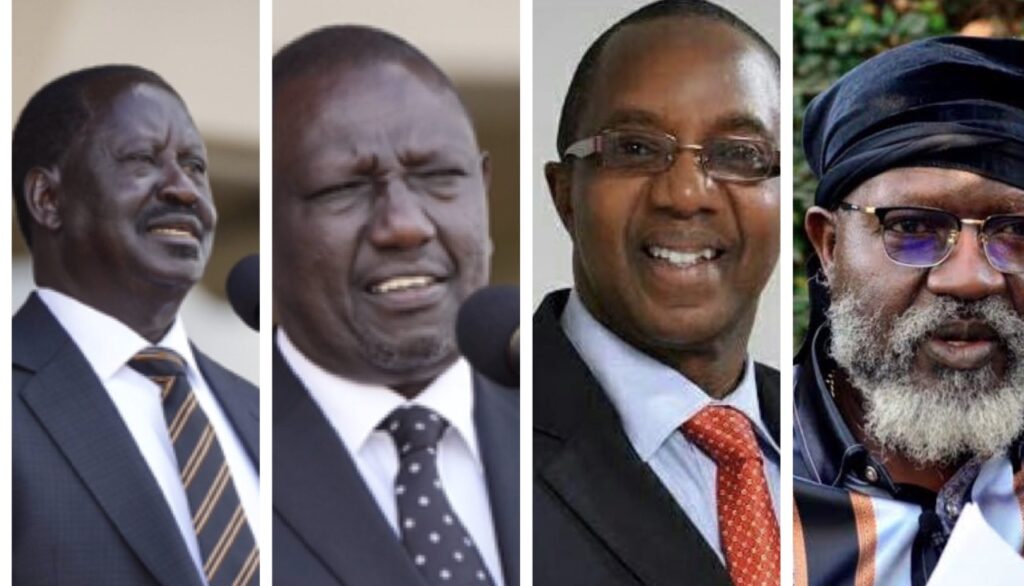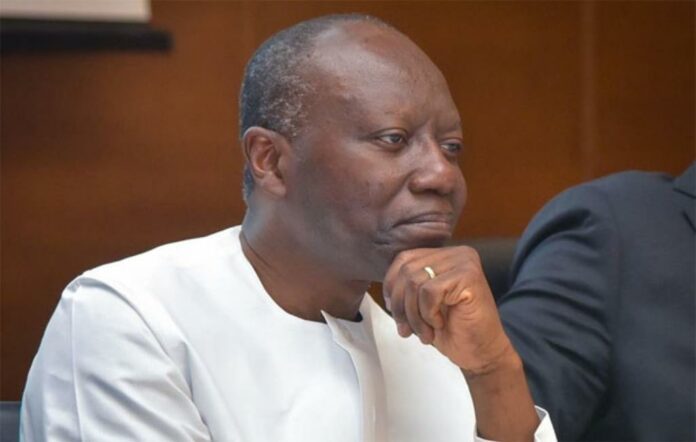When countries on the African continent are mentioned during discussions most times, there is always the tendency to forget Eswatini formerly known as Swaziland due to the similarities in the name Swaziland and Switzerland.
Over the years, as a result of these similarities, the country was being overlooked and has often been confused with Switzerland.
However, to put this confusion to rest and put the country in its rightful place, the name was changed to Eswatini in 2018 by King Mswati III during the nation’s 50th independence anniversary.
The name change showed the people’s need to fully break from the country’s colonial past and nail the confusion between Swaziland and Switzerland whereby people confuse one for the other as a result of their names.
Eswatini which is officially recognised as the Kingdom of Eswatini is a landlocked country in Southern Africa.
The country which is one of the smallest in Africa is bordered by Mozambique to its northeast and South Africa to its north, west, south, and southeast with Mbabane as the administrative capital and Lobamba as the royal and legislative capital.
Eswatini practices an absolute monarchy system of government with constitutional provisions and Swazi law and Custom. The current ruler, King Mswati III, ascended to the throne in 1986 after the death of his father King Sobhuza II in 1982 and a period of regency.
Under Swazi law and custom, the monarch has the supreme executive, legislative, and judicial powers. The King is a hereditary leader and he rules the country, with the assistance of a council of ministers and a national legislature.
Eswatini operates a bicameral Parliament which consists of a lower chamber (the House of Assembly) and an upper one (the Senate). Some of the members of both chambers are elected, while the rest are appointed by the King of Eswatini. Members of both chambers serve for five-year terms and all candidates run on a non-partisan basis, as political parties are banned in the country.
Swazi and English are the country’s two official languages, and proceedings of the Parliament take place in both languages.
The King referred to as Lion is considered the father of the nation and child of the people while the mother of the King, (the Queen mother ) is considered the Mother of the country and referred to as ” She Elephant”.
Eswatini became famous in 1986 when18-year-old Makhosetive now referred to as King Mswati was crowned king to become the world’s youngest crowned monarch at the time of his coronation.
Eswatini is the Swazi language name for the country meaning ” place of the Swazi”.
It has a population of about 1.3 million people with around eighty per cent of the people practising Christianity, fifteen per cent doing traditional religions, and the remaining following Islam, Bahá’í, Hinduism and Judaism.
About seventy-five per cent of the country’s population engages in subsistence agriculture with major agricultural products being sugarcane, cotton, maize, tobacco, rice, citrus fruits, pineapples, corn, sorghum, and peanuts while its manufacturing sector mainly thrives on agro-processing.
Eswatini has a fairly diversified economy with Agriculture, forestry and mining accounting for about 13 per cent of its GDP while manufacturing (textiles and sugar-related processing) represent 37 per cent of GDP and Services constitute the remaining 50 per cent of GDP.
The lower-middle-income country has some key international relationships and its largest trading partners are South Africa, the Southern African Development Community (SADC) and in particular the Southern African Customs Union (SACU).
Others are the US, alongside key donors the European Union and Taiwan.
Eswatini exudes warmth and is known for its game reserves, the Mlawula Nature Reserve and the Hlane Royal National Park with diverse wildlife including lions, hippos, elephants, buffalos and rhinos.
For such a small country, it boosts a variety of flora and fauna. For instance, there are about 507 known bird species, 107 endemic mammal species, and over 3,500 indigenous plant species identified in the country.
The Kingdom of Eswatini has a very rich culture and traditional customs with various cultural activities that take place throughout the year such as the famously known Umhlanga Reed dance and the Incwala ceremony.
The country has a very low crime rate compared to others in the southern region of Africa and is identified as one of the friendliest in the region with a highly rich culture.
However, it has a national poverty rate of about 63 per cent and an unemployment rate of 25.76 per cent as of 2021.
It is also tagged as the nation with the highest incidence of HIV/AIDS in the world, with over 28 per cent of the population being positive for the disease.


